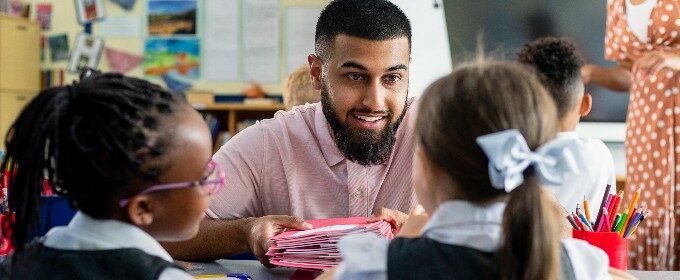Improving school attendance is a key priority for schools, education policymakers and local authorities, as regular school attendance is widely recognised as a key component of learning and educational achievement. Despite this, rates of persistent school absence have increased considerably since the COVID-19 pandemic, with no signs of returning to pre-pandemic levels. In this article, […]









